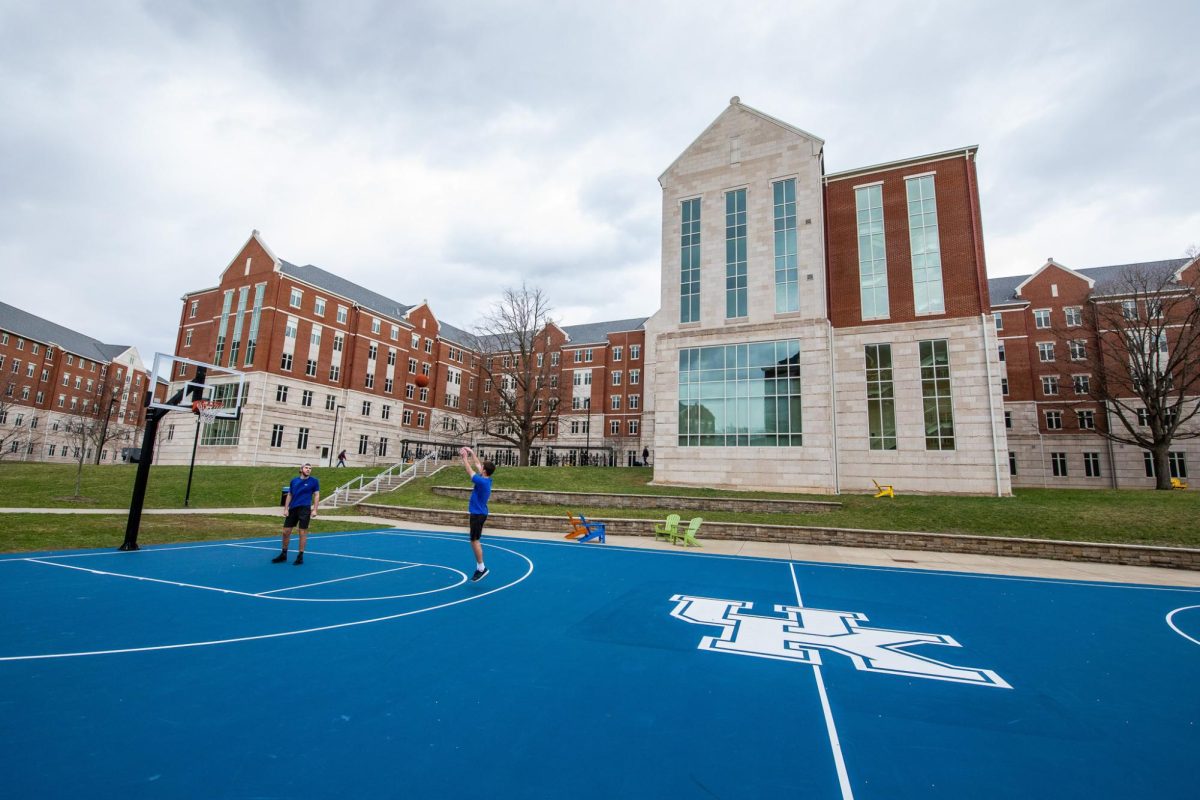SG and students working together will influence change
October 30, 2008
Column by Mark Rouse
As a first year senator, I am greatly disturbed by the widely negative attitude that is associated with Student Government on campus. I would like to take this space to explain some of the powers of SG as mandated by the SG Constitution, a copy of which can be obtained at the SG office. A summary of each office’s duty can also be obtained on SG’s Web site, (http://uksga.org/).
The purpose of SG is discussed in Section 1 of the Constitution: “To increase student influence over academic policy; to provide necessary student services; to protect and expand student substantive and procedural rights; and to better represent the student body in relations with the faculty, administration, Board of Trustees, and the Commonwealth of Kentucky.â€
The duties of senators are listed in Article I, Section 1. In my experience, I have found the following to be the most important functions of senators: The ability to appropriate funds, approve nominated executive officials, approve the SG budget and to enact SG policy.
The Senate is given, by the administration, a portion of student fees you pay every year to attend the university. The senators then divvy up the fees they have been allocated as they see fit. So far this school year, SG has appropriated $27,000 to various student groups and activities.
The Senate cannot appropriate funds for every student activity. According to the Student Funding Act of 2006, SG cannot fund, “1) food and beverages; 2) non-university printing services; 3) subscriptions; 4) taxes; 5) management or consulting fees; 6) organizational membership dues; 7) personal gifts, donations or contributions; 8) financial aid or scholarships and 9) expenses incurred prior to SG approval.†In addition, if an organization is not a registered student organization, they may not receive any SG funding. Becoming a registered student organization is a relatively simple process and the instructions can be found on (http://www.uky.edu/GetInvolved/StudentOrgs/).
The powers and duties of the president of SG are outlined in Article II, Section 2. These duties include the ability to possess full executive authority to represent the student body in dealings with persons of other universities and the university faculty and administration; to administer the executive branch, as well as appoint all personnel required to run the executive branch; to prepare an executive budget to be approved by the Senate; and to enforce and administer all Senate legislation enacted into law, as well as allocating money specified in the budget approved by the Senate.
The president also sits on the Board of Trustees as the representative of the student body. This is a privilege not afforded to SG presidents at many private universities. The Board of Trustees at UK, as described on their Web site, “is the final authority in all matters affecting the institution and exercises jurisdiction over the institution’s financial, educational, and other policies and its relation with state and federal governments.†Every resolution that the student Senate passes is, in effect, a non-binding act because it does not have a final say on the issue. Instead, it just mandates how the SG president will vote. The Board of Trustees has 20 members and the SG president is one vote.
SG is a body of limited power, but we can maximize our influence of campus if we work together. I strongly urge instead of pointing out what SG is not doing for you, submit concrete proposals for what you would like to see SG accomplish. If they take action or inaction on an issue, then specifically mention what your problems are with the issue so the body can attempt to remedy them.
On a campus as large as UK, it is inevitable that every senator will not know all of his or her constituents. However, if you offer constructive criticism, hopefully we can work for the better of the student body, the university and the Commonwealth in the future. Believe in blue!



























































































































































